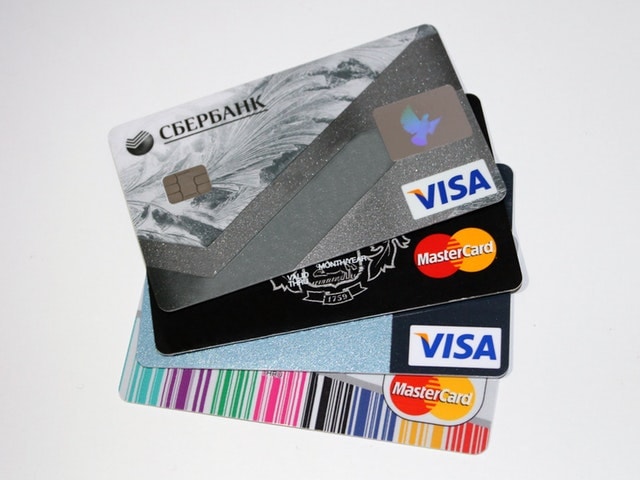Fraud has always been a problem since the dawn of evolution, in nature it can be seen in many places, for instance, in the patterns seen on harmless snakes that mimic those of extremely poisonous ones. Or when a wolf will meet a dog at the edge of a forest, mimic the positive sounds of a dog and lead the animal into the forest where a pack of hungry wolves awaits. Looking to the deep blue sea we can find anglerfish, which utilize a tantalizing glowing orb in an otherwise dark environment to lure fish to its light, where rows of razor-sharp teeth sit behind. Even dinosaurs were fraudsters, as can be seen in some lizard-like creatures that had giant frills to appear ten times the size they were.
Humans have continued the craze of dishonest actions in various forms; Nigerian Princes tend to be some of the most vocal and well-known scams, which seek to profit from a clueless victim. Bernie Madoff is infamous for making off with a vast sum, prosecutors estimate the Ponzi scheme to have totaled $64.8 billion. Madoff is particularly a fantastic example of a confidence trickster that can run to the highest levels of power as he was also the non-executive chairman of the NASDAQ stock market.
But the rise of the internet and the trend of e-commerce has led to an issue that companies and shareholders did not have to worry about before, that of card-not present fraud (CNP). This is because in card-present fraud (where the merchant could traditionally inspect the card and individual themselves) the credit card issuer bears the loss, but with CNP the merchant must bear the cost of the fraud. The cost of CNP has been rising with some estimates putting CNP at $130 billion between 2018 and 2023, with the expenditure by companies supporting retail transactions to be at $9.6 billion, yearly, by 2023.

The drastic cost to retail merchants, which typically have low profit margins as they rely on mass-marketing many products, can be crippling. “Recent figures suggest that over 80 percent of credit cards currently in people’s wallets have already been compromised,” said Markus Bergthaler, Director of programs and marketing for the nonprofit Merchant Risk Council. “I’m pretty confident my credit card information is in cyberspace,” said Chris Leone, assistant to the special agent in charge of the Criminal Investigative Division of the Secret Service, the United States government’s lead agency on financial cybercrime. If one of the heads of the Secret Service believes his data is there, I don’t have a great deal of confidence.

How does this happen? Firstly, your data needs to be gathered from a compromised online retailer or other company that possess large amounts of financial data by black hat hackers. Those people then seek to sell the data on social media and the dark web. The data is bought by another individual or group which then uses your financial data to commit card-not present fraud, of which you and merchants have to pay for. A routine method used by criminals is that of ‘online shoplifting’, where fraudsters abuse the cashback system most retailers have for default goods or those products that fail to arrive. Therefore, criminals can sit in any country in the world, buy and use your data, all while sitting on VPNs (Virtual Private Networks), making them anonymous thieves that are very difficult to catch. Cryptocurrencies have made the trading of this type of data hard to trace, although there are KYC (Know Your Customer) solutions out there for the Cryptocurrency market, such as provided by Coinfirm, which was recently chosen by Binance (the largest Crypto Exchange in the world) for their AML (Anti-Money Laundering) and fraud prevention. Co-founder Grant Blaisdell addressed this issue in a prior article with DisruptionBanking, “We want to communicate that the fear around crypto is inaccurate and that the true transparency and security of this system can be way beyond the traditional.”
The fight of fraud prevention in relation to purchases on the internet used to be made at the point of sale, and it would regularly go unreported as one of the thieves’ tactics is to use small ticket purchases (such as a T-shirt bought online), that the card holder might miss. But with the advent of Machine Learning and Artificial Intelligence, data analytics is used to prevent it before it happens, such as the solution provided by Nethone. From combing through IP address histories, customers’ typical consumption habits and partnering with financial institutions to have access to data sets, the fraud can be stopped before it appears.
*** Views expressed in this article are those of the author and do not necessarily represent those of DisruptionBanking, particularly the mentioning of dinosaurs.
















2 Responses